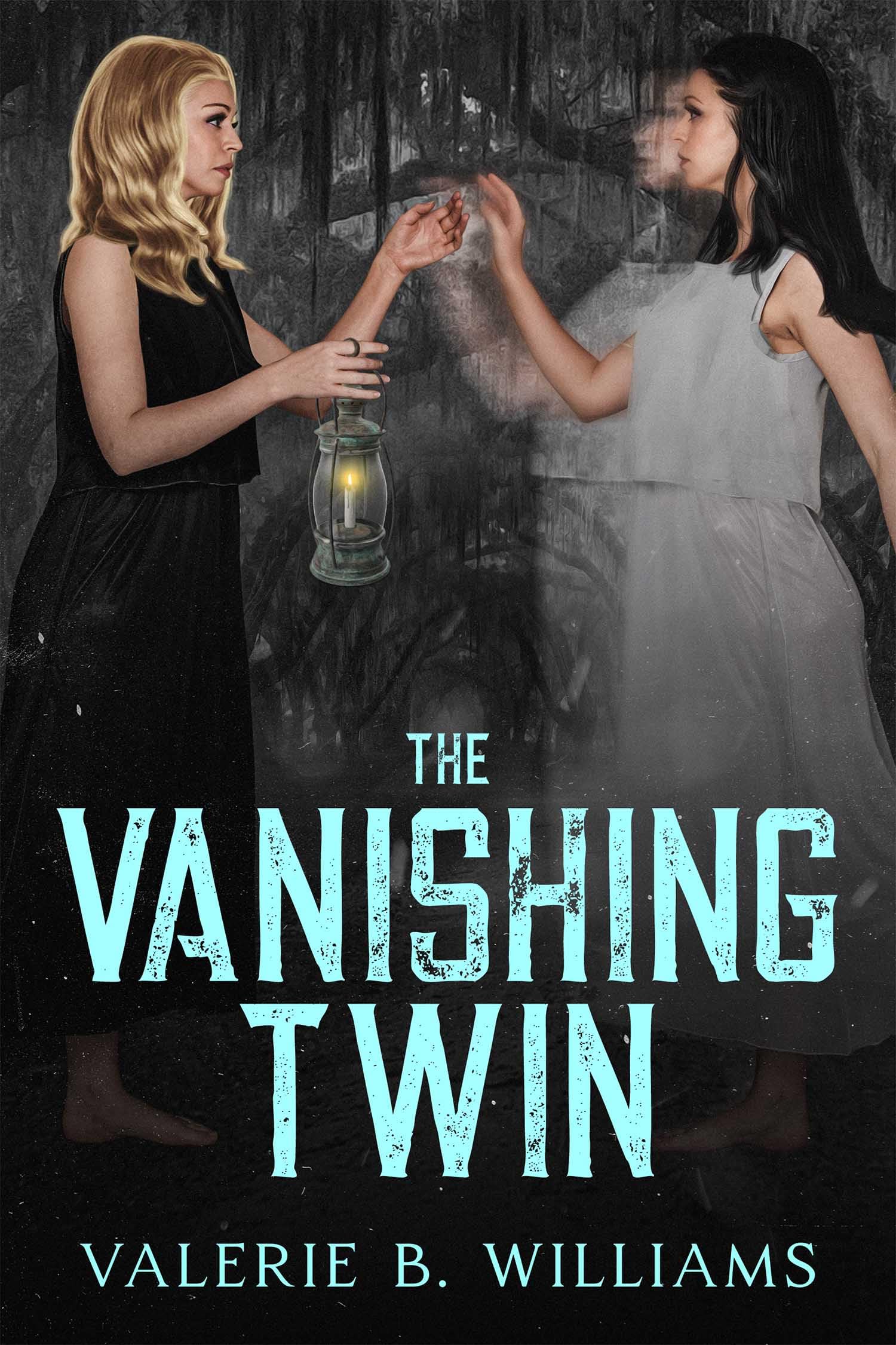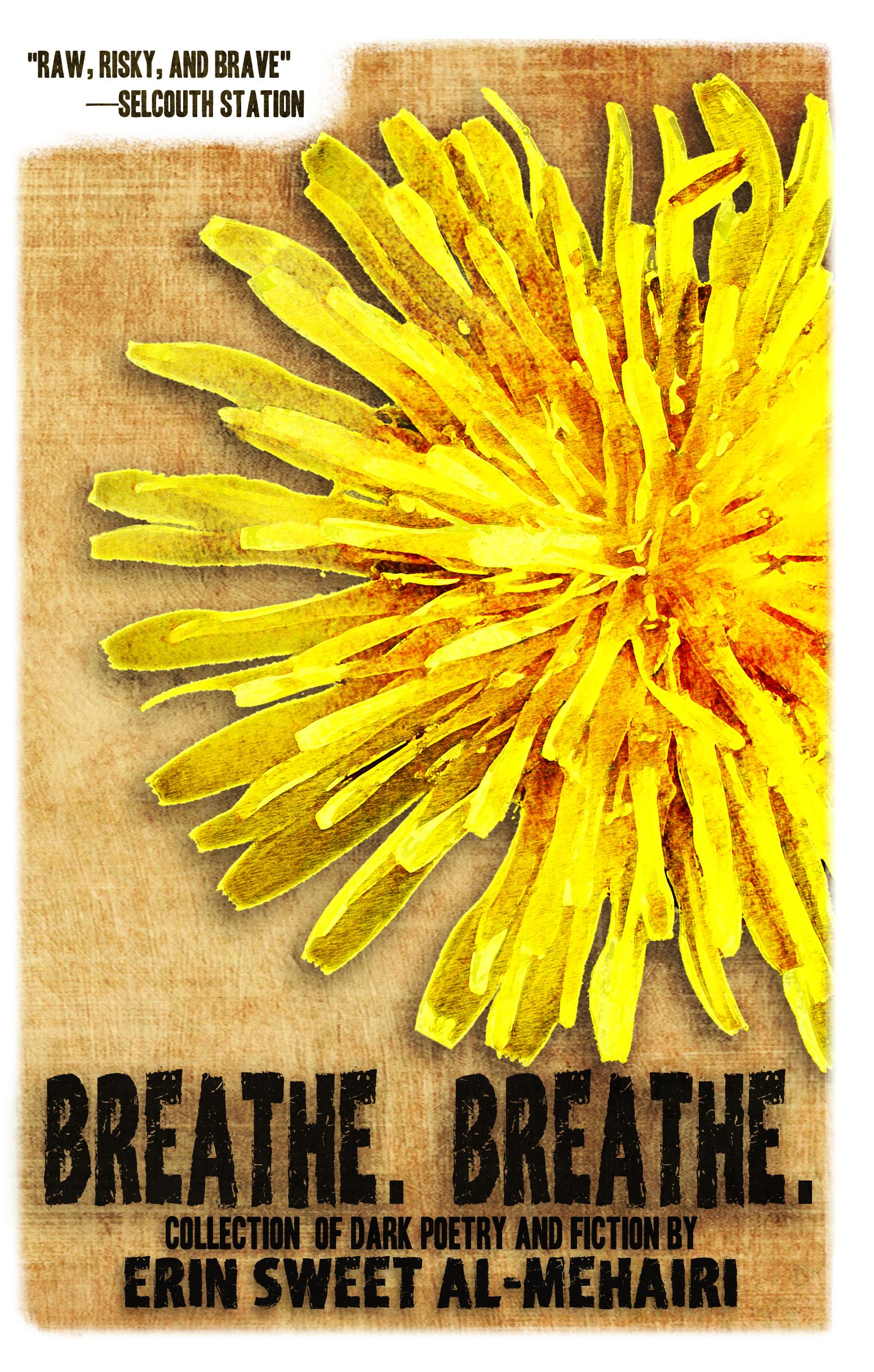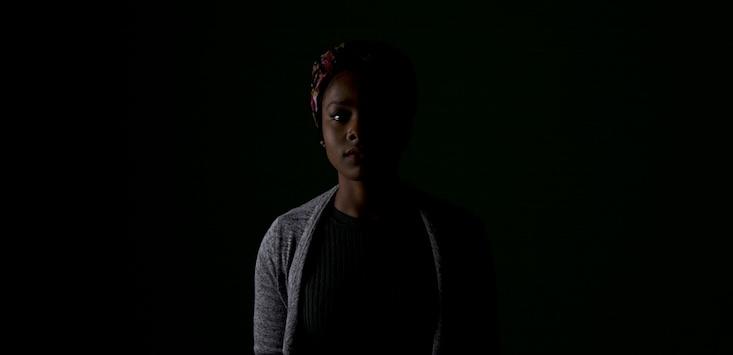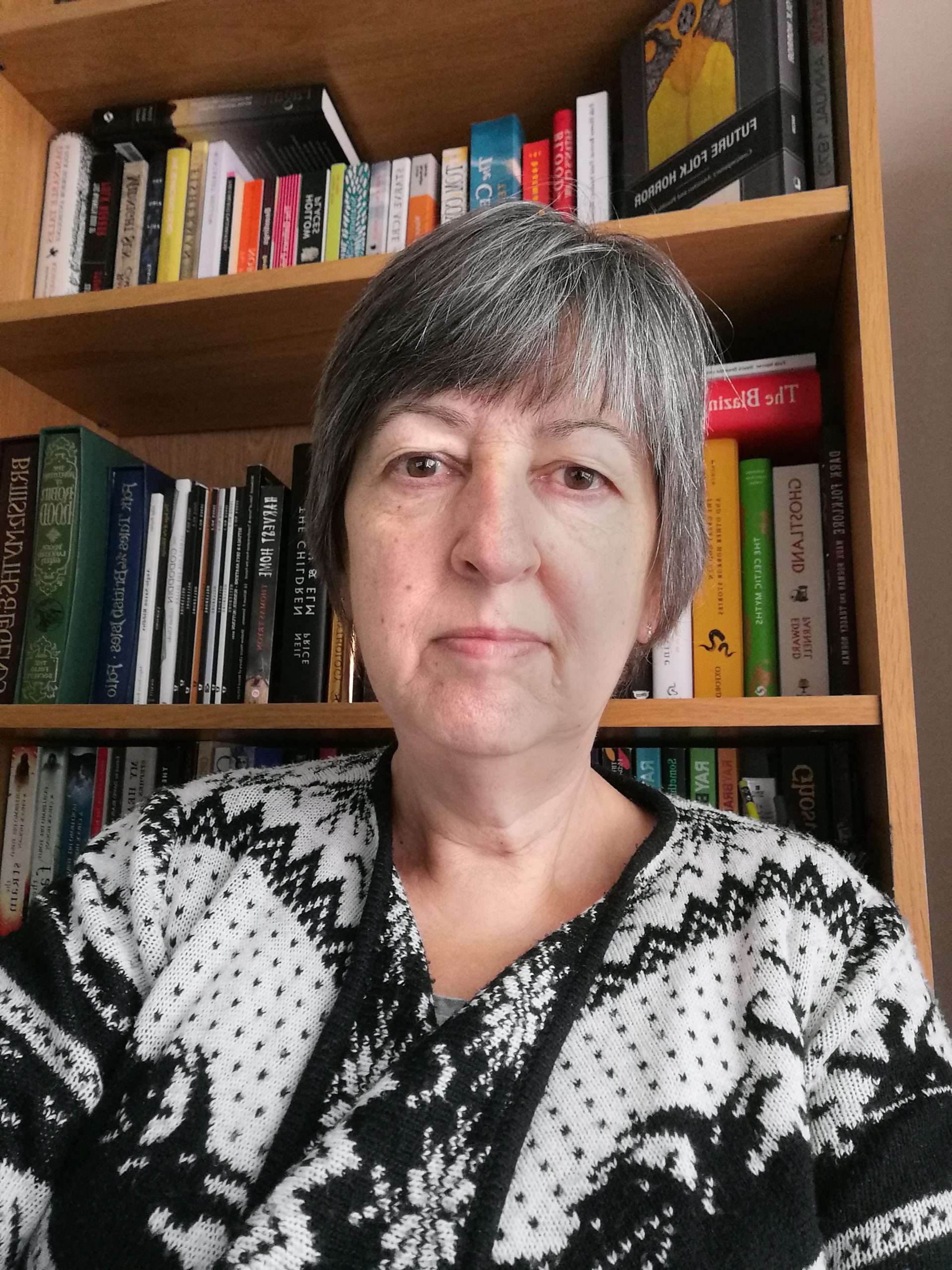For Women in Horror month, Stephanie Ellis has been in the research trenches talking to women over the age of 50 who write the scary stuff. She wondered if there is indeed life after 50 for the ladies of the dark, and found plenty of evidence pointing to a resounding YES. She shares her findings with both the British Fantasy Society and Horror Tree in three parts this week; this is the final part.
Recap: I recently wrote a blog post of this title (which can be read here) because I wanted to find other older female writers in the genre and see if any of their experiences mirrored mine. I wanted to see if I was making assumptions and if my perceptions were misconceived, or if my experiences were shared by others. I asked a number of questions and several writers volunteered their answers and I’d like to give the following a huge thank you for giving their time to respond. These include: Alma Katsu, Alyson Faye, Beverley Lee, Catherine McCarthy, CC Winchester/Carla Conorino, Erin Al-Mehairi, Ruthann Jagge, and Valerie B. Williams. In addition, a handful of writers also offered one or two comments online. This is the final part of the series, following on from part one and part two.

Do you feel isolated? Are you looking for a support network? (Or where have you found your tribe?)
This received a mixed bag of answers. Some have formed small networks online (of which a few would like to expand further). Others are isolated, out of kilter with social media and the dwindling engagement on those platforms. Whilst there is social media engagement and online workshops, writing groups, chats, etc are the solution to actual physical isolation.
For anyone looking to find their peers in the WIHM 50+ I have created a bsky starter pack of ‘Weirdly Wise Women’. Give me a shout and I’ll add you—this is for new writers and experienced alike. In addition, there is also a recently formed Discord (thank you, Nicole Wolverton).
Have you experienced ageism (and/or sexism)?
Some say no, others yes. And quite often the ‘no’ is a bit hesitant with an indication of having ‘suspicions’. The only answer is to ‘keep producing quality work’, which in turn reminds me of my days in male-dominated tech industry where you had to work ten times harder to prove yourself. Those should be behind us!
Some don’t experience issues online but face problems in person, and vice versa.
There is also the mention of being “treated worse by younger women than most men unfortunately. Like I’m too old to be relevant and I should get out of the way.”
Something which has delighted me was hearing that Sue York was shortlisted in the British Fantasy Society’s Best Newcomer Category when she was 63 for her first collection, published when she was 62. It’s proof you are never too old!

Do you think ageism exists or do you think this is perception when the reality is different?
The majority believe it exists everywhere, but as Ruthann says: “It doesn’t mean one has to buy into it or validate it.” And Catherine McCarthy perceives people becoming more conscious of it now and so it will change—although that will take time.
Valerie B. Williams is currently querying and thinks that “an agent will choose a younger writer over an older one, hoping to get more than one book out of them.” This feeds into my understanding of querying and some telling comments from an agent themselves! Yet we do see it around us, and C.C Winchester says she’s starting to find ageism an issue in her day job, which really surprised her as “people used to prefer old pharmacists.”
Alyson Faye considers the question in an online context and does not see it for work that is read/judged blind, highlighting that not meeting up or living in the same country seems to prevent this problem. I wonder if that is because we hide ourselves online, whether by filter or no image?
What could be done within the indie horror industry to help older women?
The most obvious comes from Alyson Faye: “Judge us by our writing and our writing histories, not by our age.”
Whilst Beverley Lee highlights initiatives like this one, she also says we need to raise our profiles ourselves because “If we don’t shout about ourselves, no one else will.” She also reminds us we offer a rich life experience where “we’ve had to drag ourselves through numerous situations that younger women haven’t dealt with yet. We’re perceptive and supportive, and probably too quiet about our talents because most of us were brought up to be humble.”
This idea of respect and experience is also reflected in Erin Al-Mehairi’s words: “I think people respecting them more for their experiences” would help, but “really no one respects their elders these days. It’s an overall issue. Making sure to still hire us as editors, publish, highlight their work, spotlight. I think a group would be good too, even a virtual one to discuss things. And the HWA and other groups should highlight older women writers.”

Awareness of bias is critical for editors and publishers (Catherine McCarthy).
Encouragement and support is needed as are projects that focus on such a demographic in terms of opportunities (Ruthann Jagge)—but that can often come with some who are “needy.†Just because you are “retired†or “have time†doesn’t mean you are a “writer.†The importance lies in learning the craft and to have realistic career expectations. She says: “I think pointing OUT that one IS an ‘older woman’ can be detrimental. Most don’t assume when it comes to age, and I don’t feel it should be used as a crutch or to gain attention.”
The indie presses gain a special shoutout from Valerie B. Williams for being “already much more welcoming to older women than traditional publishers.” She also asks for more attention during Women In Horror Month, particularly from reviewers and bloggers.
Alma Katsu says: “We should have more panels at conferences; that’s a good way to try to change perceptions. Or maybe do an anthology of older female horror—but we’d have to promote the hell out of it to get sales. What do you say?”
There’s the word: rejection. I think way too many ‘older women’ fear it SO much, they don’t even try to find their potential.
When submission calls asks for underrepresented groups, do you think older women fit this category?
Almost all were of the opinion that older women are underrepresented and therefore should be allowed to submit as such a category for submission calls. Whether we are allowed to, however, is a question that is asked. Valerie B. Williams points out that there are a number of “well-established women writers over 50 who have achieved a level of success through winning awards and writing bestsellers. Should an additional criteria be added to exclude them? I’m not sure.”
Ruthann Jagge reminded me of a such a call by Kandisha Press for one of their WIH anthologies. She says: “Pretend You Don’t See Her was the theme, and they had HUNDREDS of submissions. I think middle-aged or more women are vastly under-represented, but as with other marginalized groups, they must SUBMIT to be considered! Too many don’t out of fear of rejection. There’s the word: rejection. I think way too many ‘older women’ fear it SO much, they don’t even try to find their potential.”
This latter view of self-rejection reminds me of someone saying they were trying to get people on podcasts, offering up opportunities, but women just don’t put themselves forward. Confidence takes a hit in the older woman, and perhaps this is a major key to solving the problems we find.
Whilst the answers to my questions show some negative experiences and worries, there is a feeling of positivity emerging—particularly with regard to the indie presses—and also that so many women are now happy to come out of the woodwork and show the rest of the world that they are here.
More of us are actively including older female protagonists in our pages, and I hope that becomes a trend. When you consider the span of a human life, why should a decade or two of youth be regarded as the be all and end all?
My own goal of trying to find other writers like me, my peers, was answered pretty much straight away when I started this. People came forward, particularly for the BlueSky starter pack. That removed one aspect of the isolation I had felt and also gave me a boost of confidence. I hope that is also true for those who have connected. There are older women out there carving a path, they were just hidden. Self-confidence, visibility and deliberate inclusion in opportunities are all important. There are some things sisters can do for themselves, but there also lies a responsibility on society at large—and not just the writing industry—to value and champion us.
We will not be dismissed.
We will not go away.
We are here.
I hope that this small survey offers some reassurance, some indication that others feel the same way as you and that you are not alone. And if you are an older woman hesitating to pick up the pen—even though it’s what you really really want to do—because you feel that it’s a young person’s game, just do it. Then find the rest of us online, connect, and together we can all show the world that older women can write horror and we do a damn good job.
To find out more about the writers quoted, go here:
- Alma Katsu: Alma Katsu – Author Website
- Alyson Faye – Facebook
- Beverley Lee – Home – Beverley Lee
- Catherine McCarthy: Dark Fantasy | Catherine McCarthy Author
- Carla Conorino/C.C. Winchester – Multiverse Dream
- Erin Al-Mehairi – HOOK of a BOOK! | Author, Editor, Journalist
- Ruthann Jagge – Ruthann Jagge
- Valerie B. Williams – Valerie B. Williams
- Stephanie Ellis – Stephanie Ellis – Writer


